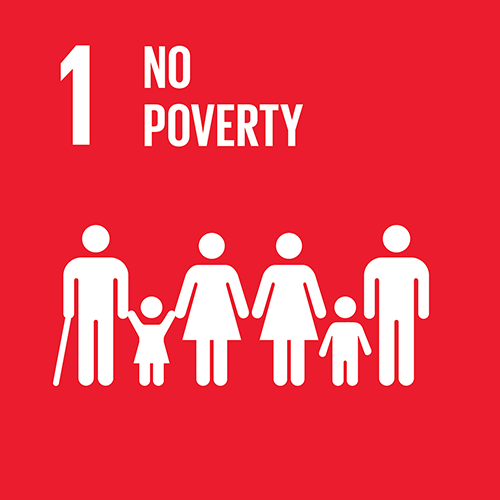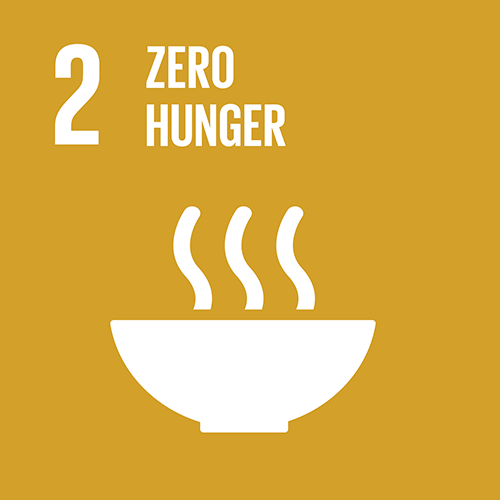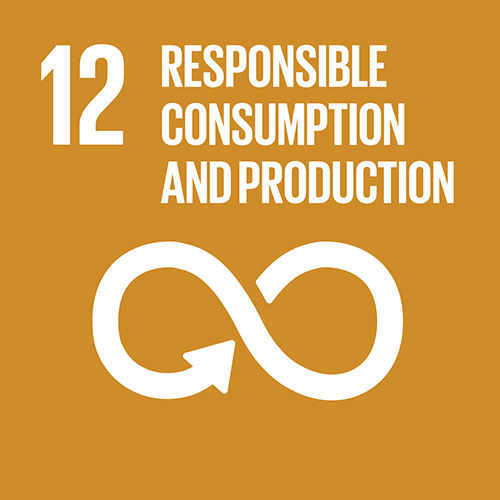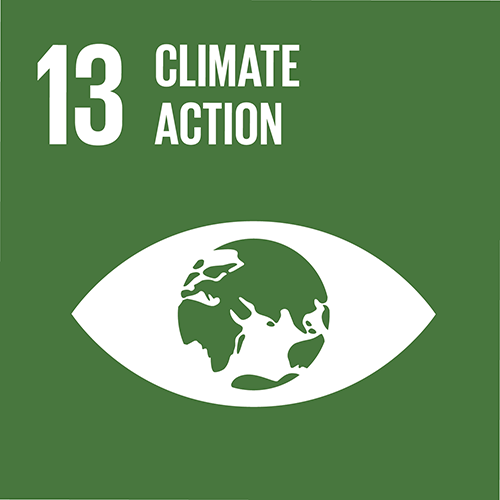Biogas Plants in Rural Settings in India
Project type: Biogas
Project location: Uttarakhand and Uttar Pradesh, India
Project status: In operation, exclusive
The project, financed by Coop and implemented in partnership with WWF Switzerland, Helvetas and the local NGO Partners in Prosperity (PnP), involves the construction of totally 3,900 biogas plants in households in rural areas in the states of Uttarakhand and Uttar Pradesh in India. By substituting wood as a fuel with biogas, greenhouse gases are being reduced. These biogas plants complement the commitment for regional rice farmers on behalf of Coop, Reismühle Brunnen and Helvetas: a fair, value-added supply chain has been developed for the local rice production, aiming at improved incomes for farmers and adjustments for eco-friendly farming methods.
The use of biogas plants is adding further local benefits and helping to reduce the consumption of wood as a fuel. But it is not only carbon emissions that are being reduced; the project's benefits are: a substantial decrease in deforestation in and around the area and therefore protection of the habitat of endangered tigers, an increase in carbon sequestration in these forests, better health among women and children due to less smoke in kitchens, less time spending on collecting wood, especially women, reduced methane emissions in paddy fields thanks to the application of biogas slurry instead of undecomposed farm yard manure, improved farming productivity due to slurry application (less temporary nitrogen blockage in the soil, more easily available nutrients for top dressing), an opportunity for skilled workers to provide their services for the construction, maintenance, marketing and financing of biogas plants, and increased climate resilience among the population as earnings increase due to savings and income generation grows thanks to skill development.
This project supports the farmers in the fair-trade rice project of COOP with a biogas plant. That means less time for collecting firewood, clean cooking and organic fertiliser for their rice fields.
The use of biogas slurry for the organic production of rice in the area is an important sustainable benefit of the project. This procedure emits less methane into the atmosphere compared to the direct use of manure. The project partner is promoting organic basmati rice production in this area, enabling poor and marginal farmers to earn more from its premium pricing than with rice produced conventionally using chemical fertilisers. This shows that by financing the project, Coop and Reismühle Brunnen will contribute strongly to the sustainable development of the rural population participating in the project. Thanks to all these sustainable benefits, the project is to be implemented as a small-scale project under the Gold Standard.
For WWF, this project is of great importance, as it helps reduce conflict between tigers and people, as the women no longer have to head to the forests to collect firewood.
The capacity of the units installed varies and is decided based on the number of people and the number of cattle they own. The cost for a biogas unit is pre-financed by Coop to cover one third. Subsidies from the Indian government and/or corporate sources cover another third. Families have to contribute one third of the total biogas digester costs. To secure ownership, households either provide locally available materials and labour or contribute their share in monetary terms. Subsidisation of the units, training, operations and maintenance, reaching people in remote areas and other activities pertaining to the project are covered by the project.
This project contributes to 10 SDGs*
*as at the end of 2023. Find out how myclimate reports these SDGs in our FAQ.
The following SDGs are verified by the Gold Standard:
The use of slurry (organic fertiliser produced by the farmers themselves) helps to prevent small farmers from becoming dependent on chemical fertilisers, thus improving their families’ financial situation.
The biogas digesters produce organic fertiliser and thus reduce chemical fertiliser, thus contributing to sustainable agriculture.
22,720 persons have benefited from better air quality since the start of the project.
Because the time-consuming collection of firewood is no longer necessary, children have more time to go to school and do homework.
Only women are entitled to buy and own a biogas plant. This helps to level out the balance of power in the family and to strengthen the position of the women.
3,900 biogas digesters have been installed since the start of the project.
10 permanent jobs have been created for the local population and more than 3,100 people have been trained in the use of biogas plants.
The recycling of organic waste contributes to sustainable waste management.
Each biogas biodigester avoids 5.1 t CO2 and reduced wood consumption by 3.6 t per year. Since the start of the project, 105,768 tonnes of CO2 have been saved.
To date, the programme has reduced wood consumption by 77,900 tons.
Situation without project
Using wood, forest litter and dung as fuelDocumentations
Project standard

Project number
7204























